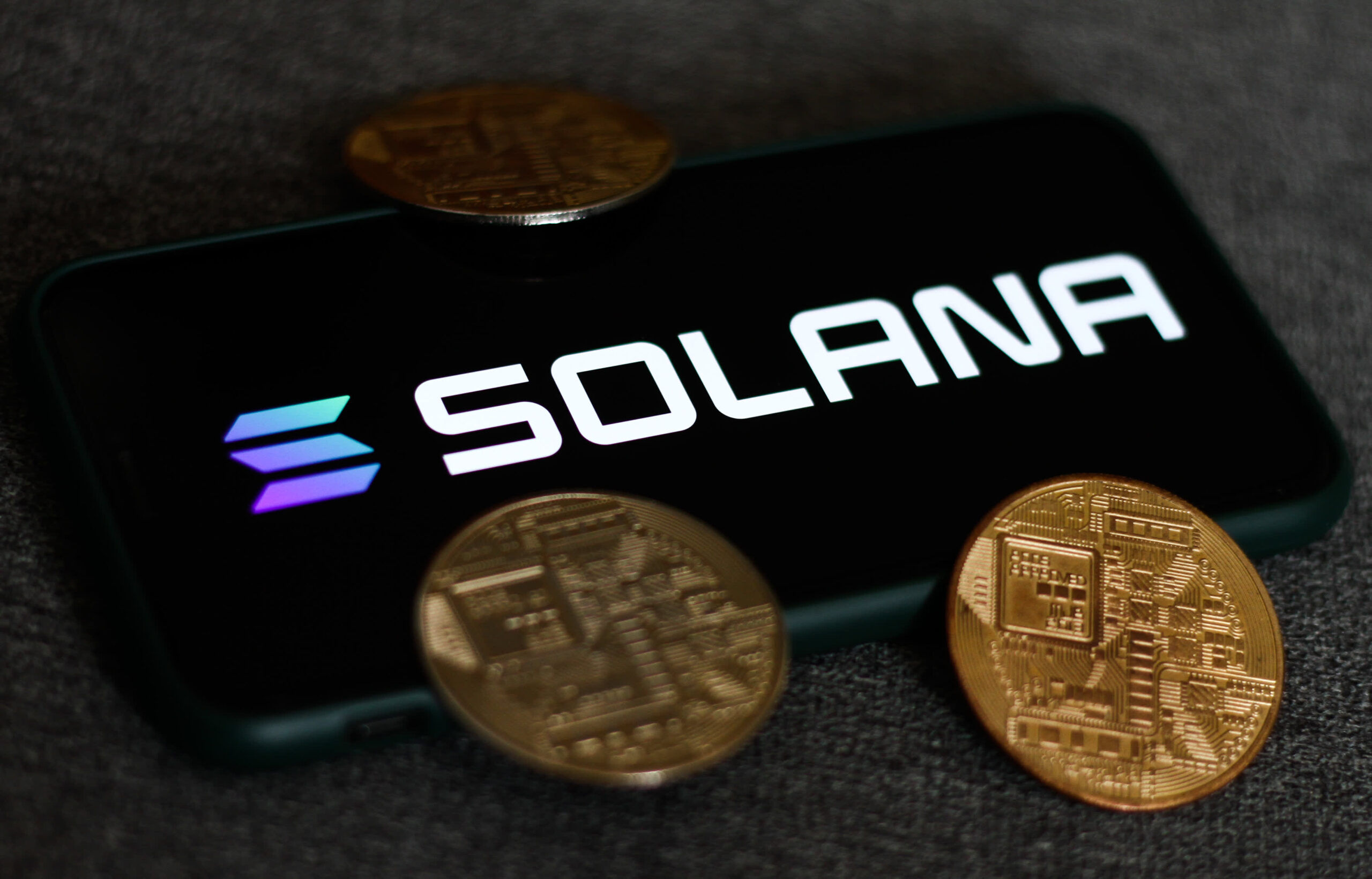The Solana Foundation has announced a major update to its Delegation Program, aiming to strengthen the Solana network’s decentralization and reduce its reliance on Foundation support. Whenever the Foundation removes its backing from three long-standing underperformers, one validator is added.
The aim is to encourage community-backed validators and ensure that only the most reliable operators benefit from SOL that the Foundation delegates.
Solana Foundation Embarks on a New Era
The original purpose of the Solana Foundation was to help bootstrap the network by assigning SOL tokens to validators. This would be possible by allowing them to participate in consensus and earn rewards without needing to hold large amounts of SOL themselves.
While the program has helped Solana achieve rapid growth and resilience, Foundation leaders have acknowledged challenges with the current structure. For instance, it has allowed some poorly performing validators to continue receiving support, even as the network has matured and competition has increased.
The new policy aims to address this imbalance by removing three long-standing underperforming validators for every new one added. The goal is to maximize decentralization and network resilience by incentivizing validators to attract more community stake and maintain high performance standards.
Boosting Decentralization on Solana
The Foundation’s delegated stake has already decreased from its peak, now representing around 13–16% of the total network stake as of early 2025. Independent validators and community-run stake pools now manage the majority of Solana’s stake.
However, a substantial number of validators—particularly those with low external stake—remain dependent on Foundation support to cover operational costs, such as vote fees and hardware.
By systematically removing underperforming validators and requiring new entrants to meet stricter performance and community engagement criteria, the Solana Foundation hopes to foster a healthier and more competitive ecosystem. Furthermore, it aims to motivate validators to attract more stake from individual and institutional delegators, rather than relying on Foundation subsidies.
As the Solana Foundation phases out support for underperforming validators, those who remain in the program must demonstrate not only technical reliability but also their ability to attract and retain external stake. Validators that succeed will benefit from Foundation matching, up to 100,000 SOL for every 100,000 Solanas in external delegations. Those that fail to meet the new standards will lose Foundation support.
READ MORE: SUI Token up 26% as Meme Coin Presales Heat Up Across Ecosystems












